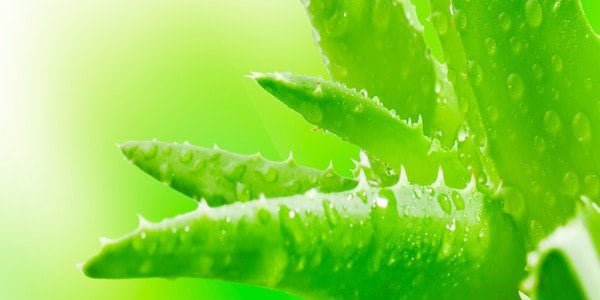3 ways to maintain regular intestinal peristalsis

Many health problems can occur due to irregular bowel movement.
For this reason, it is necessary to create conditions in the body for the regular evacuation of intestinal contents from the body.
The accumulation of faecal masses in the large intestine turns this organ of the digestive system into an ideal environment for the reproduction of parasites and bacteria.
This condition can create or further exacerbate existing digestive disorders such as diarrhea, constipation, hemorrhoids and diverticulitis.
Constipation also increases the risk of candida overgrowth.
Although synthetic laxatives are often used to normalize intestinal peristalsis, they have a negative effect on the colon, as they weaken the tone of its muscles, blocking the absorption of valuable minerals for the body.
Also, over time, the tissues and nerves of perhaps the most important organ of the digestive system are damaged and a person becomes dependent on synthetic laxative medications.
Aloe vera
The outer part of the leaves of this plant have strong laxative properties. A person can quickly get rid of constipation by making aloe vera juice and drinking it once a day.
The transparent gel, which is extracted from the inside of the aloe leaf, helps to stimulate intestinal peristalsis and can be used to restore the function of the gastrointestinal tract and, accordingly, normalize the frequency of bowel movements.
The use of the inner part of the aloe vera leaves is not associated with the manifestation of unwanted reactions in the body, but the outer part is more effective, as it contains strong laxative compounds.
However, it is recommended to start using the inner part of the leaves of the plant. Aloe has also been successfully used to soothe and heal stomach ulcers, damaged intestinal tissue and inflammation.
Ginger
The plant is an antiseptic, mild laxative and stimulant. It facilitates regular intestinal peristalsis by improving the digestion process and stimulates the smooth intestinal muscles to move simultaneously with fecal matter.
The mild laxative properties of ginger make it an excellent herbal remedy for constipation. To enhance the laxative effect of the plant in constipation, the amount taken can be increased, but without the many negative side effects of medication.
Ginger also helps strengthen the stomach, supporting the overall digestive process. According to a study published in the journal “Cancer Prevention Research”, taking an extract of the plant lowers inflammatory markers and may represent a potential means of preventing colon cancer.
The results of the conducted research also show that when taking 2 g of ginger extract daily for a period of 28 days, the levels of pro-inflammatory eicosanoids in the colon decrease.
To have regular bowel movements and to improve digestion, you can drink 2 teaspoons /1g/ of freshly grated ginger or powdered ginger in 1 glass of 250 ml water. hot water. And in case of constipation, it is advisable to drink 2-3 cups of ginger tea daily.
Slippery Elm
The plant contains glue, a thick sticky substance that is formed by most plants. The substance useful in gastrointestinal inflammations.
If slippery elm is taken orally as an extract, it can help relieve diarrhea, stomach upset, cough and sore throat.
You can make your own by adding slippery elm powder to water, then you need to stir until you get a homogeneous mixture. You will notice that gradually the mixture thickens and takes the form of a gel.
Its stickiness soothes the stomach and intestines. It also favors reverse reflux as it stimulates nerve endings in the gastrointestinal tract, leading to an increase in mucus secretion. In this way, we protect ourselves from excessive acidity and the formation of ulcers.



